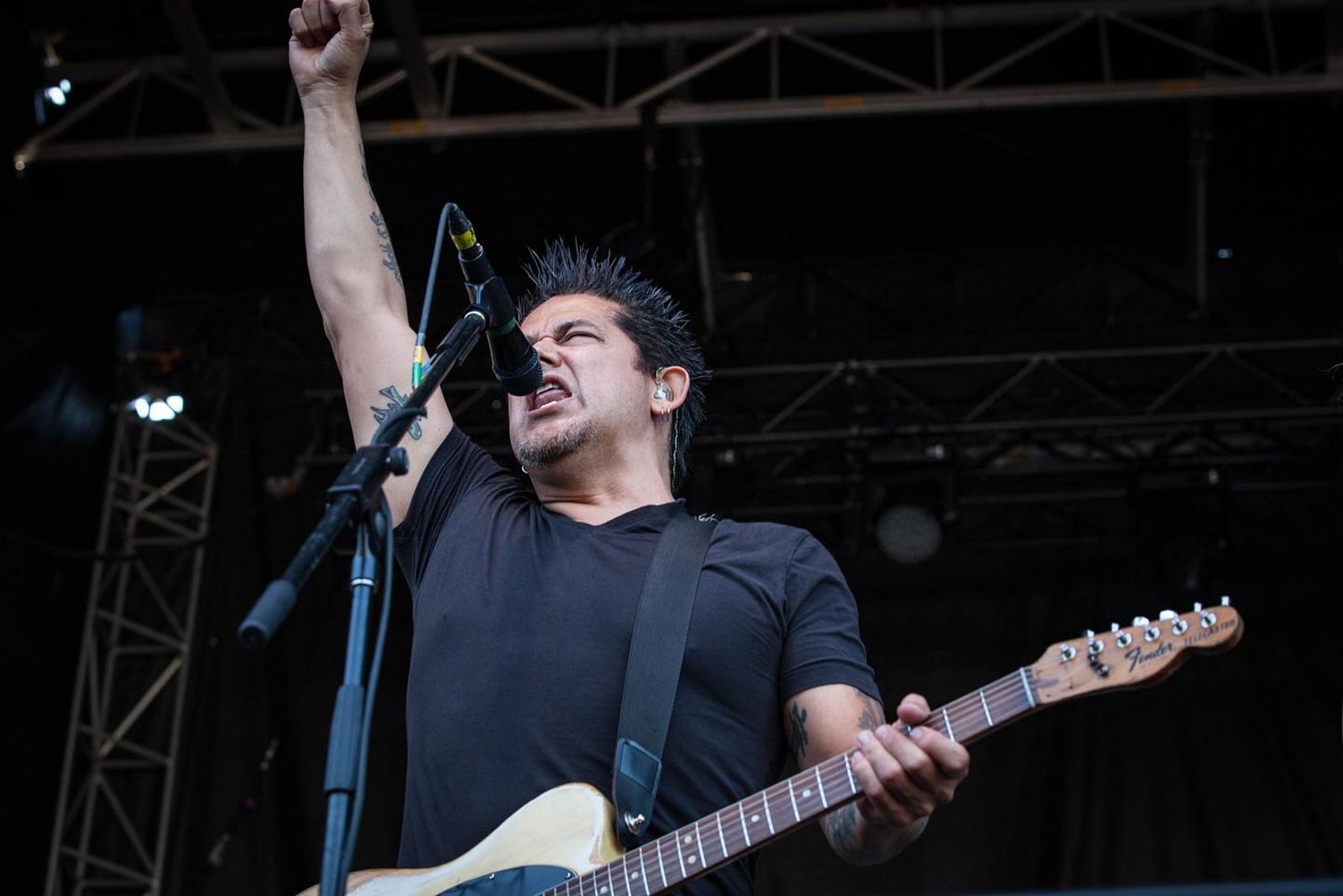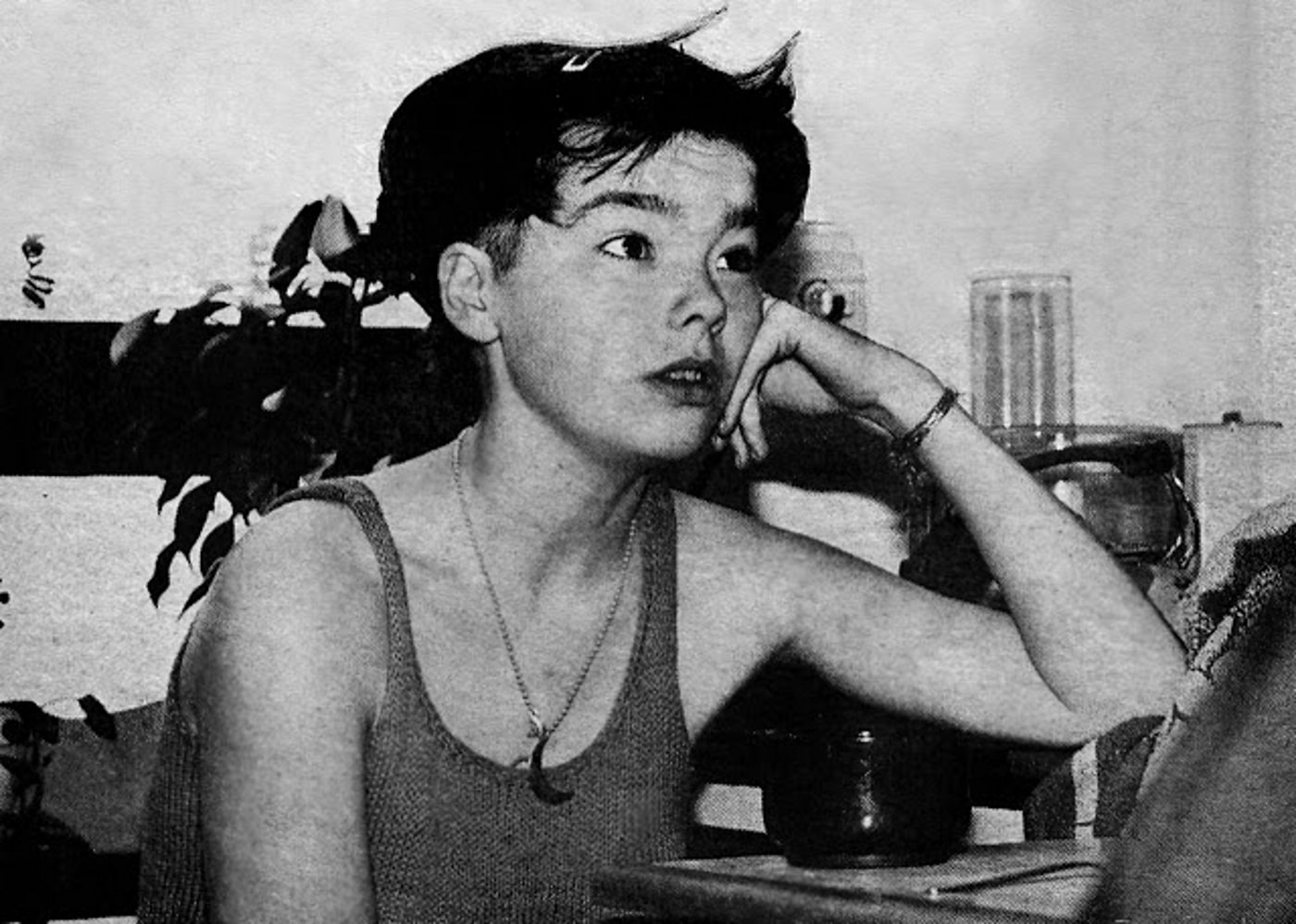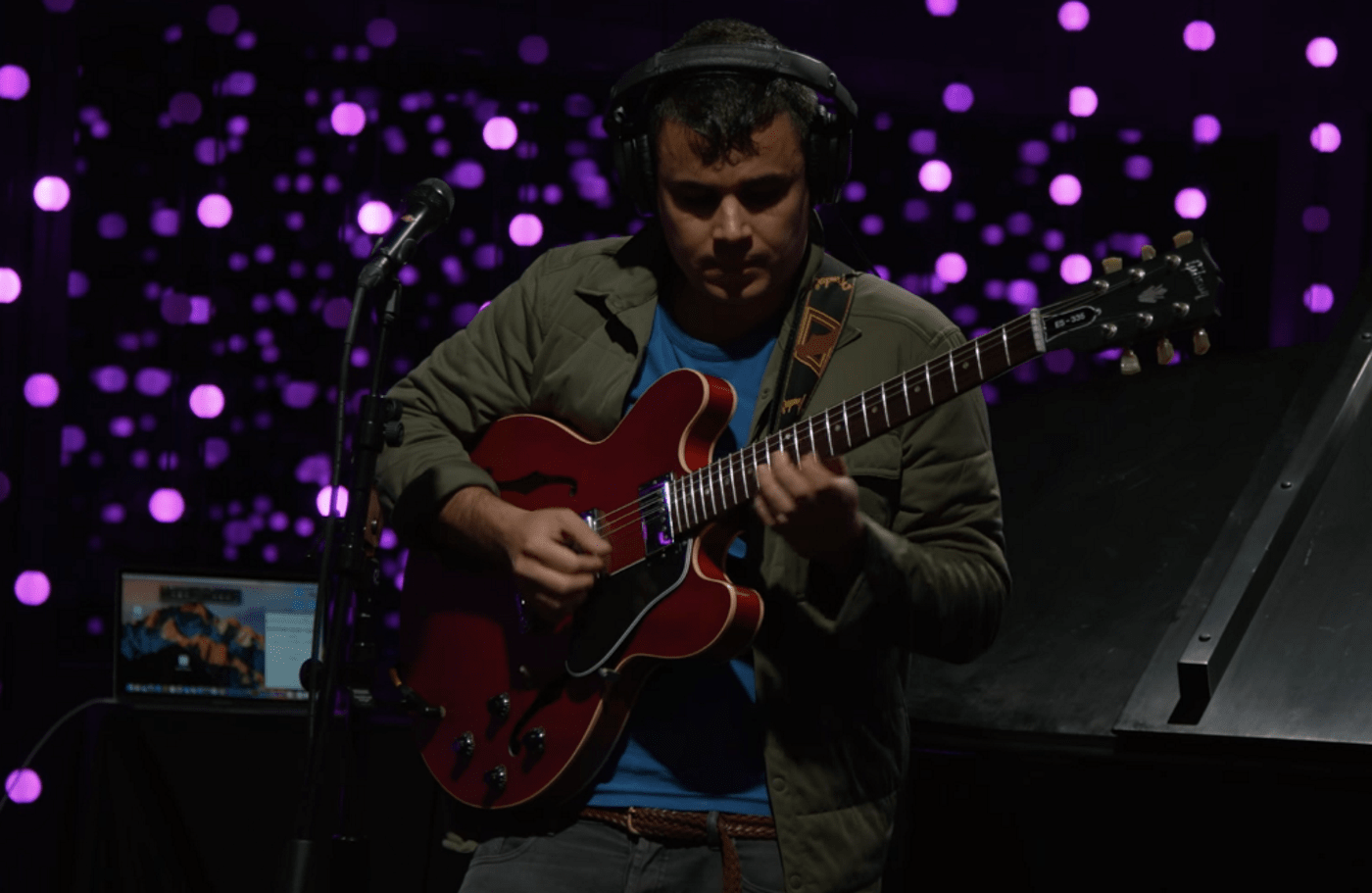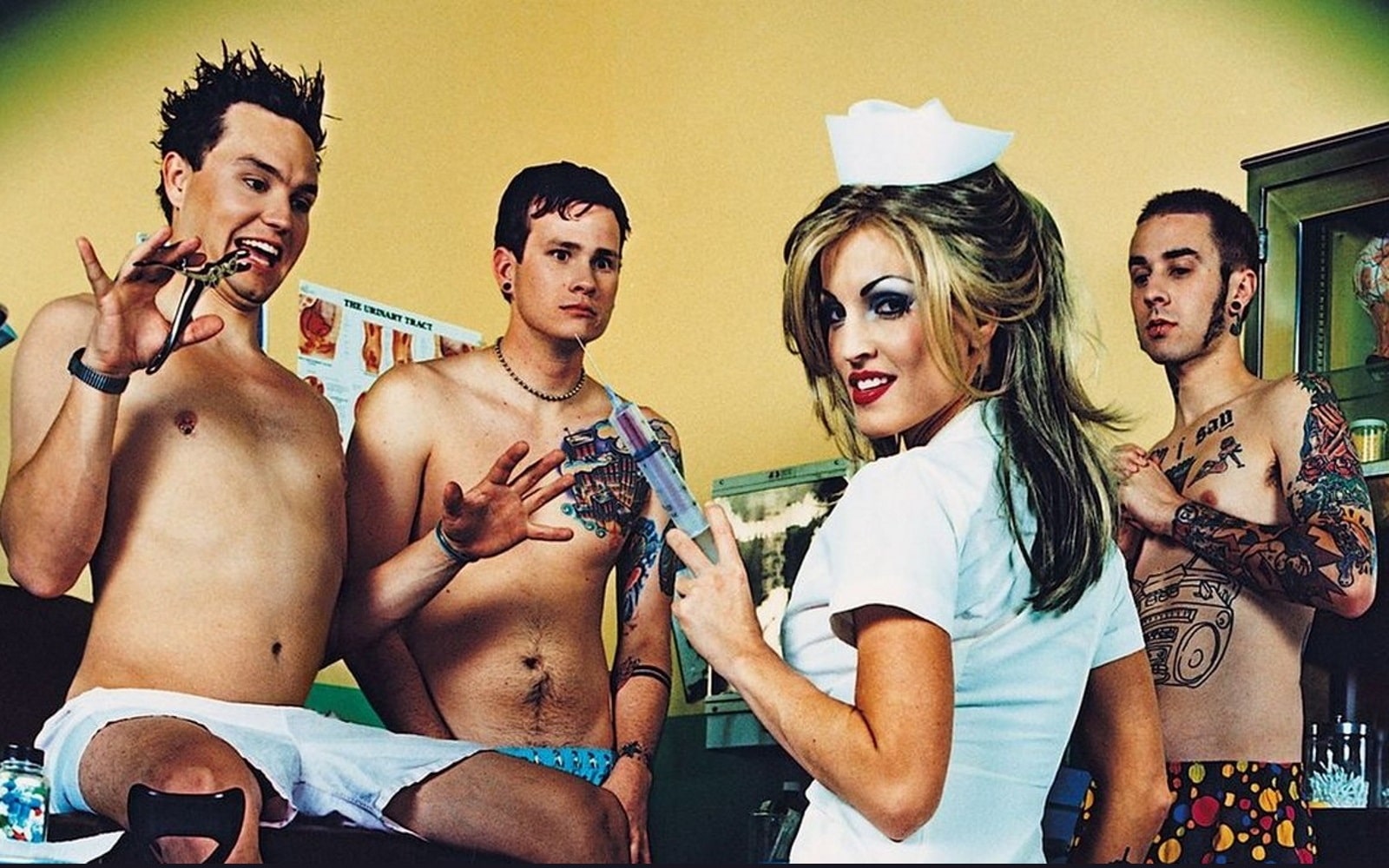Most folks assume that classical training means that you are training to sing opera or to play in a symphony. Though classical training seems more complex, roots in classical music have actually been the foundation for many popular artists throughout the music industry.
While there are many acoustic and punk rock anthems that have done well on their own, there are many independent artists who bring in innovative and experimental styles from a classical background, which drives their music to be different and sets it apart from the rest.
Popular music can seem shallow, and those who are looking for a different vibe and feel from their musical findings have long discovered that punk rock can provide a much-needed break from the mold. Progressiveness seems to have been somewhat lost in the mainstream, but there are plenty of musical tastes, including punk, that stem from a rich, classical background.
There are multiple artists who got their beginnings in classical music before branching out into the well-known musicians that you know of today who do this within their bands or solo careers to drive the mesh of both punk and classical together, almost in its own new style. Here are some punk rock artists you may not know were actually trained in classical and brought their classical knowledge through.
JONNY GREENWOOD (Radiohead)
This leading guitarist from Radiohead actually was studying to get his degree in music when the band hit it big. He even holds a residency with the BBC Orchestra and says he is inspired by greats in classical music like Krzysztof Penderecki (an award-winning conductor) and Messiaen, who expanded classical music.
This makes it completely apparent that he has drawn his influence from classical music that has helped to transition and pivot the band into more stylistic, almost experimental depths and push them forward in their punk/rack genre.
BJORK
To some Bjork may not necessarily be considered punk, but her music with its electrical accompaniment has long dominated the music scene without being labeled to a specific genre. And, since the swan dress that she wore and turned quite a few heads at the Academy Awards back in the day – it’s hard to ignore this innocent, sweet-sounding singer with Icelandic roots.
Bjork has clearly come from a background in classical styles. She even features full orchestral accompaniment in some of her songs, showing her appreciation for the genre.
ROSTAM BATMANGLIG (Vampire Weekend)
This keyboardist from the ever popular rock group Vampire Weekend actually got a degree in music from Columbia University, located in New York City. New York in particular is home to many musical influences, and a great place for any budding singers to find voice lessons online or in person from extremely skilled teachers. Batmanglig actually knows how to play more than just the keyboard, having a vast knowledge of instruments and a strong background in classical style, which brought color and life to his band.
The orchestral-sounding rock has actually made this group really well-known within the indie world, and Batmanglig himself was the main producer of two out of the three albums the band has released. The third album he actually co-produced alongside Ariel Rechtshaid.
GLENN DANZIG (The Misfits)
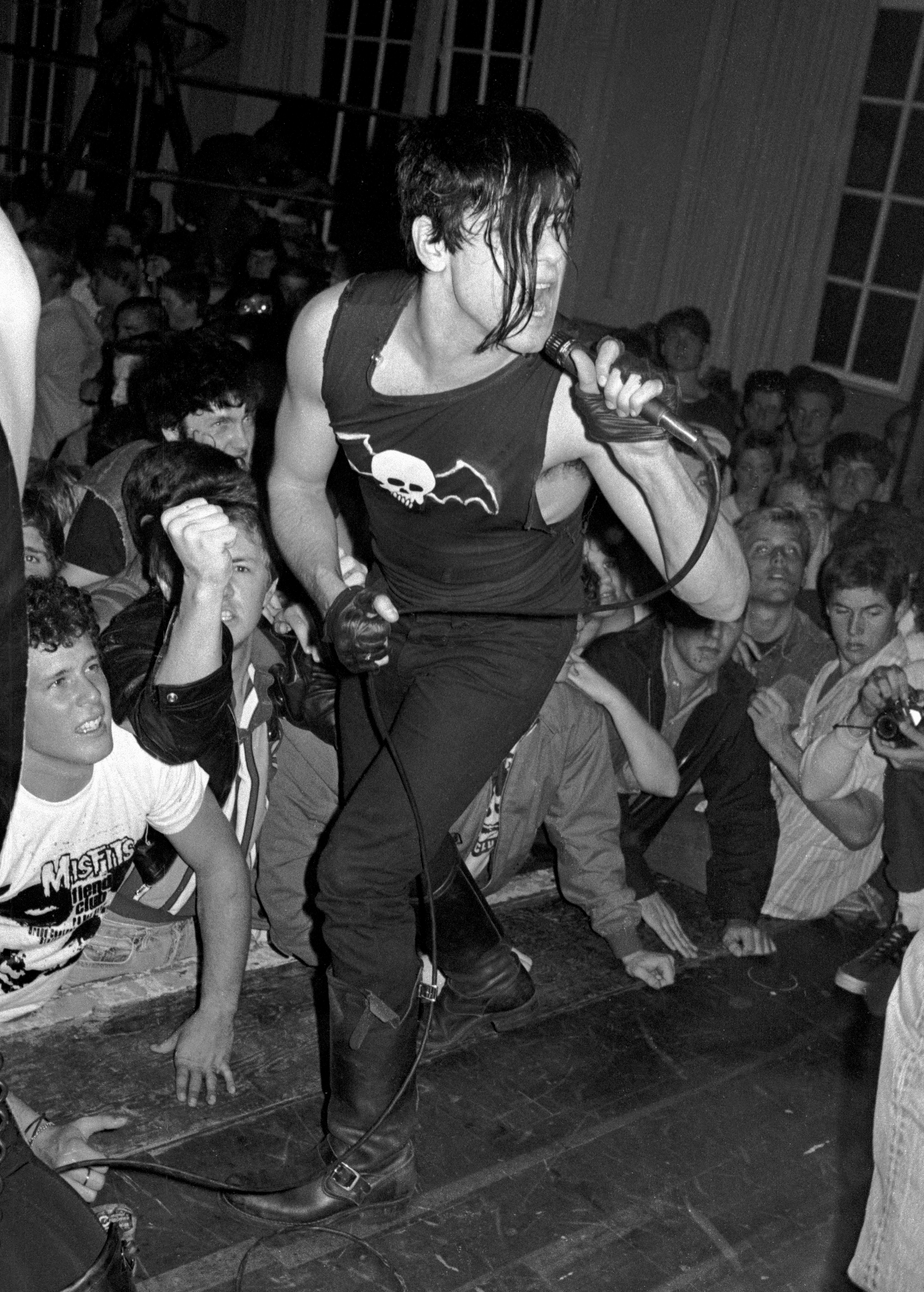
This singer/songwriter might not have struck most people as someone with a classical upbringing, but before all of his punk and heavy metal gigs, he actually was trained in playing the clarinet and piano, a couple of the most notable classical instruments. He even attended the Tisch School of the Arts to study music. His music career has actually housed a lot of various genres throughout, including industrial and blues, so it is safe to say that his classical roots have influenced his long-term success.
EL HEFE/AARON AYBETA (NoFx)
This lead guitarist and trumpet player for the well-known group NOFX actually got his degree from the Berklee College of Music, graduating with honors, having been classically trained. He also has musical experience playing the trombone and singing. He joined the group in 1991, and played on their 1994 album entitled “Punk in Drublic” which is often considered one of the band’s best works.
Classical influence can play a role in many other genres, and as shown here it doesn’t exclude the punk rock style, either. The idea that complex harmonies and traditional content are only for classic music is a barrier that is broken in multiple genres, and takes away from the ‘cookie cutter’ style that popular music engulfs of verse-chorus-verse-chorus.
Masterful skill and construction of music seems to have died off – but have no fear, because punk is here to brace you with an abnormal (yet, appealing) song structure and delivery that from its roots can demonstrate music is much more than the popular trend. Take a look at some of your favorite punk artists and find out where they got their inspiration or training from – you might be surprised at what you will see.



